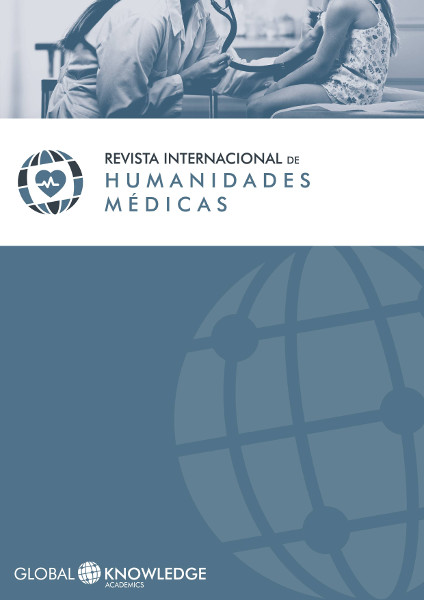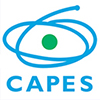Medical Wikipetia: A New Electronic Tool in Education
DOI:
https://doi.org/10.37467/gka-revmedica.v2.1315Palabras clave:
WikiPETia, e-Learning, medicina, resumos, revisão, economia, aprendizagem, praticidade, confiávelResumen
WikiPETia Médica is an initiative from the group PET Medicina that aims to assist medical teaching through the publication of online summaries. The project consists in the development of texts, based on revisions of recognized medical bibliography, which are meant to be used for the study of medical subjects. Those texts are published in an online platform and organized according to the curriculum of the Federal University of Ceará School of Medicine. Monthly each of the 12 students of the group is responsible for updating the platform with a new text. This way, until the end of each month the website will contain 12 new short and reliable texts of many different subjects from the medical universe. Currently WikiPETia Médica has approximately 250 texts. The statistics shows a total accesses number of 754.147 since its creation in 2009.
Estadísticas globales ℹ️
|
100
Visualizaciones
|
29
Descargas
|
|
129
Total
|
|
Citas
Acharya, S., Shukla, S., Mahajan, S. N. & Diwan, S. K. (2012). “Localizationism to neuroplasticity- the evolution of metaphysical neuroscience”. The Journal of the Association of Physicians of India, 60, 38-46.
Austin, D. (2013). “How Google Finds Your Needle in the Web's Haystack”. The American Mathematical Society Grand Valley State University .
Berry, M. & Browne, M. (2005). Understanding Search Engines: Mathematical Modeling and Text Retrieval. Second Edition, Philadelphia, SIAM.
Cornachione Jr. & Edgard B. (2007). “E-Learning: mitos e distratores”. Revista Contabilidade & Finanças, 18(45), 7-8.
Doidge, N. (2007). The Brain That Changes Itself: Stories of Personal Triumph from the Frontiers of Brain Science . United States, Viking Press.
Joshi A., Novaes M. A. & Iyengar S. (2011). “Evaluation of a tele-education programme in Brazil”. Journal Telemed. Telecare, 17 (7), 341-5.
Langville, A. & Meyer, C. (2006). Google's PageRank and Beyond: The Science of Search Engine Rankings. New Jersey, Princeton University Press.
Mariani, A., Wasum; T., Mingarini, R.; Pêgo-Fernandes, P. (2012): E-Learning: from useful to indispensable tool, Sao Paulo Medical Journal. vol.130 (6): 357-359.
PET Medicina (2013). Disponível em: <http://www.fisfar.ufc.br/petmedicina/>. Acesso em: 05 abr 2013.
Portal MEC (2012). Disponível em: <http://portal.mec.gov.br/index.php?option=com_content&view=article&id=12223&ativo=481&Itemid=480>. Acesso em: 28 mar 2013.
Ruiz, J. G., Mintzer, M. J. & Leipzig, R. M. (2006). “The impact of E-learning in medical education”. Acad. Med. , 81(3), 207-212.
WikiPETia Médica (2013), Disponível em: <http://www.digimed.ufc.br/wiki/index.php/P%C3%A1gina_principal>. Acesso em: 12 abr 2013.
Descargas
Publicado
Cómo citar
Número
Sección
Licencia
Aquellos autores/as que publiquen en esta revista, aceptan los términos siguientes:
- Los autores/as conservarán los derechos morales sobre la obra y cederán a la revista los derechos comerciales.
- Transcurrido un año desde su publicación, la versión del editor pasará a estar en acceso abierto en la web de la editorial, pero la revista mantendrá el copyright de la obra.
- En el caso de que los autores deseen asignar una licencia abierta Creative Commons (CC), podrán solicitarla escribiendo a administracion@edulab.es









